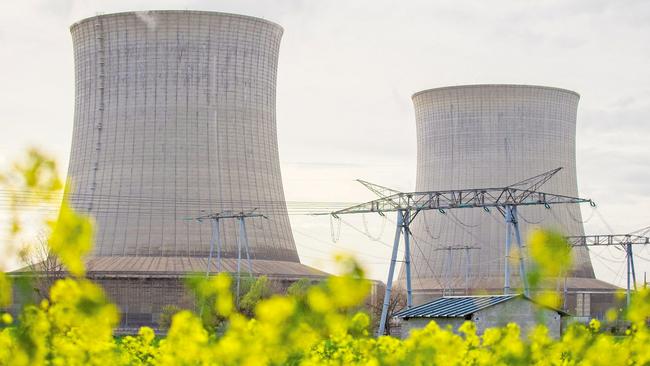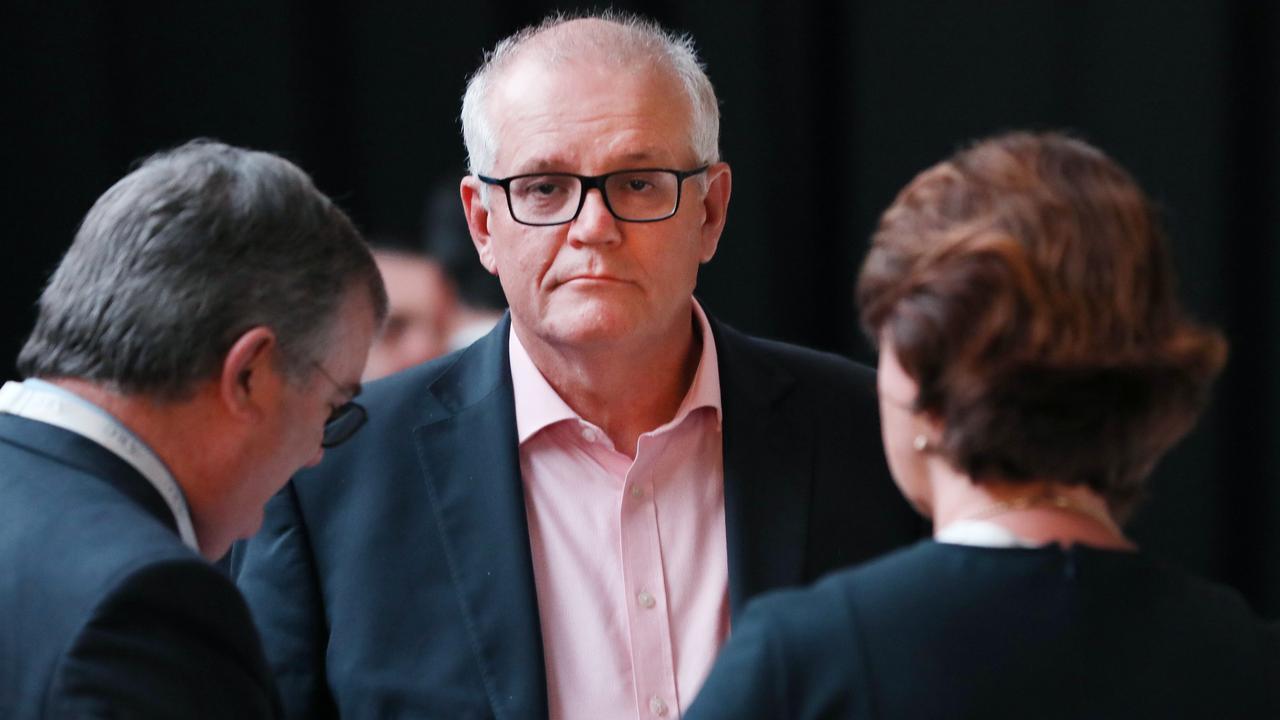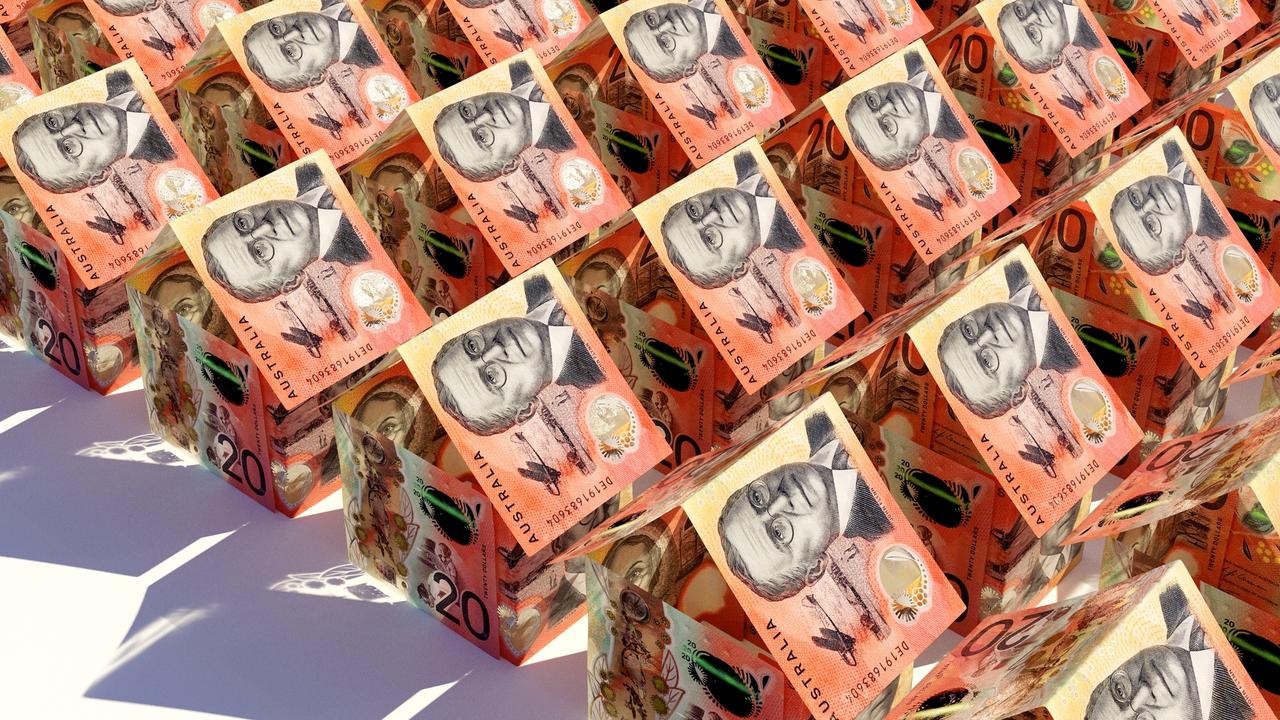Europe gets to grips with all that friction over fission
Nuclear is polarising Europe as France steps up construction of new reactors while Germany closes its remaining plants. It’s a powerful energy source, but is it for us?

Joël Barre has a long title – chief executive of France’s Direction générale de l’Armement (DGA) – but the locals know him as Monsieur Nuclear, the man overseeing the construction of six new reactors designed to stave off that nation’s power crisis.
Barre’s high profile is testament to France’s widespread re-embrace of nuclear power as a “green” energy source that can help the country avoid some of the massive shortages experienced by other European countries.
The six new advanced European Pressure Reactor 2s (EPR2), which will come online from 2035, will each generate a power output of 1670 MWe and have an operating life of at least 60 years. Monsieur Nuclear says they will avoid a “cliff edge” when other reactors come to the end of their lives in the next 20 to 30 years.
READ THE FULL GREEN ENERGY POWER LIST HERE.
Power has arguably become the biggest political and economic issue in Europe since Vladimir Putin invaded Ukraine in early 2022, up-ending the supply certainty of Nord Stream natural gas from Vyborg and Ust-Luga in northwest Russia. It immediately led to a chilling, literally, across Europe. Leaders urgently looked to ways to stabilise the upheaval on both industry and voters, used to staving off the cold with widespread heating.
Germany and Italy, both big importers of Russian gas, abandoned net-zero ambitions and temporarily restarted coal-fired power stations, increased imports of energy from neighbours, and ramped up prices.
German leader Olaf Scholz, who heads a three-way coalition of Social Democrats (SPD), Free Democrats (FDP) and Greens, even resisted opposition calls and stuck to a strict timetable of decommissioning the country’s final three nuclear plants in April of this year.
While Germany abolished nuclear – on the basis of safety fears exacerbated by the Fukushima disaster in 2011 – the pragmatic French embraced nuclear’s low-carbon impact and doubled down on the technology.
President Emmanuel Macron even reversed a decades-long political decision to cut France’s reliance on nuclear fuel. Laws introduced in 2014 to limit output of nuclear energy to only generate 50 per cent of its electricity needs were abandoned. France, a country with very few fossil-fuel resources, has reverted back to the very reason it introduced nuclear in the post-World War II period: to have control over its energy supplies.
Macron announced a “nuclear renaissance” where France would build the six new nuclear reactors and consider another eight. It already has 56 reactors.
“Key to producing this electricity in the most carbon-free, safest and most sovereign way is precisely to have a plural strategy ... to develop both renewable and nuclear energies,” Macron said when announcing the new policy in 2022. “We have no other choice but to bet on these two pillars at the same time. It is the most relevant choice from an ecological point of view and the most expedient from an economic point of view, and finally the least costly from a financial point of view.”
But the question about whether nuclear is “green” and should be included in net-zero ambitions has split Europe. The French have been joined by the UK, which is expanding its nuclear fleet with an additional two reactors to generate 25 per cent of its electricity using nuclear power by 2050, in a nuclear alliance of 14 nations.
Italy is looking at establishing a legal framework to reintroduce small nuclear reactors and Bulgaria, Czechia, Slovakia, Slovenia, and Croatia continue to invest in nuclear. “It would be a historic mistake to slow down investment in nuclear power in Europe”, Macron said, especially if it results in using more coal.
But Germany, Austria and Luxembourg are insisting the continent abandons nuclear. (Austria continues to import Russian gas.) In the recently released EU Net-Zero Industry Act, only small modular reactors and “advanced technologies to produce energy from nuclear processes with minimal waste from the fuel cycle” were included in the text.
None of this has stopped France’s nuclear momentum.
“Nuclear is part of the French life, it has been the case for ages and it’s not just one generation. For three and four generations we’ve been living with nuclear,’’ says Yves Desbazeille, a Frenchman and director general of Nucleareurope, the Brussels-based trade association for the nuclear-energy industry in Europe.
More than two-thirds of France’s electricity comes from nuclear energy and that amount looks to increase in the coming decade as the extra plants come online and maintenance issues around cracked rods, which have seen a dozen reactors taken offline for additional checks in the past 12 months, are addressed.
In the middle of the energy crisis, France has become the continent’s biggest exporter of energy. Excess energy produced by the nuclear reactors is sold to the United Kingdom and Italy, generating €3 billion ($4.95 billion) in annual income. Germany’s Scholz says his country has weaned off Russian gas at warp speed, and that the upheaval has fast-tracked the country’s switch to renewables. But energy analysts report that Germany has now switched from exporting energy to importing it because of the nuclear plant closures.
Desbazeille agrees with Monsieur Nuclear, noting that to eliminate fossil fuels by 2050 will require nuclear to provide a constancy of supply, even if more renewables are adopted. He argues that the principle of reality is understood more broadly, with the war in Ukraine accelerating the public’s appreciation of the need for a reliable baseload energy system.
“People understand you cannot afford to take any risk for your economy,” Desbazeille says. “So you need really to get a very high level of confidence that the technology will be available at any time.”
The French are increasingly backing even more nuclear options, he says, because of technological developments in the past decade that have seen safer processes, the use of far smaller quantities of plutonium, and the recycling and reuse of spent fuel rods.
France already recycles some of its nuclear waste, including for smoke detectors, in medical equipment such as pacemakers, and for space applications.
He foreshadows greater advancements in those developments, leading to fission that produces cleaner waste, recycling existing used fuel rods currently in storage, and using such minute quantities of nuclear fuel that “it will solve the energy issue of the whole world”.
In addition, the ongoing development of small modular reactors (SMR), which may come online in the next decade, will help processes involving renewables, such as powering electrolysers to produce hydrogen.
Desbazeille says traditional reactors will still be required to produce big quantities of energy, but in the case of countries like Australia, which has no nuclear history, the smaller modules may be the way to build confidence in the technology. Currently developers are looking at light-water reactors, fast-neutron reactors, graphite-moderated, high-temperature reactors and various kinds of molten salt reactors. None are yet in production but are expected to be online by 2035.
“You have some SMRs planned for your submarines,’’ he says, referring to the AUKUS nuclear-powered submarines being planned with the US and UK.
“SMRs are smaller. So in terms of the system, they are easier to operate safely. So why not start with SMRs if you’re starting from scratch?”





To join the conversation, please log in. Don't have an account? Register
Join the conversation, you are commenting as Logout